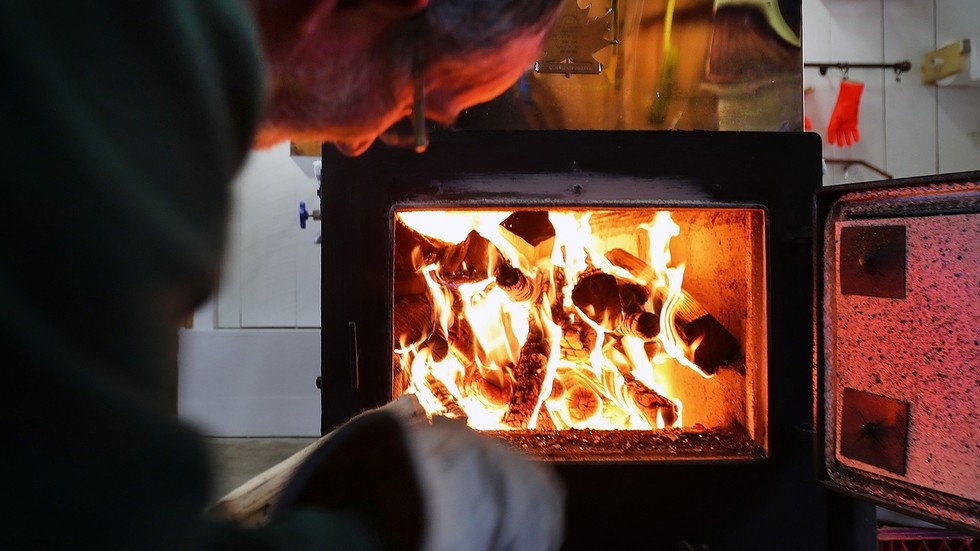Slovakia’s Prime Minister, Robert Fico, has criticized the European Union’s Emissions Trading System for buildings and road transport, known as ETS2, warning that it will drive up gas prices and force people to burn wood for heating. The scheme, set to take full effect in 2027, expands the EU’s carbon trading rules to cover households and vehicles. Fico predicts that this will lead to increased pollution and a return to outdated heating methods, taking the country “back to the 1930s and 1940s.”
The prime minister noted that Slovakia has invested in expanding gas access for households in recent years. However, with gas prices already high due to the EU’s rejection of affordable Russian energy, further price increases will encourage people to revert to older heating methods. This, in turn, will lead to more pollution, contradicting the EU’s goal of reducing greenhouse gas emissions.
The European Commission aims to reduce emissions by 90% from 1990 levels by 2040 and eliminate imports from Russia as part of its Ukraine-related sanctions policy. Critics, including Fico, argue that these initiatives are unrealistic and self-destructive, undermining Europe’s industrial competitiveness and driving up the cost of living.
A joint lobbying effort by Slovakia and over a dozen other EU member states has resulted in the EU executive promising to explore “additional ways to strengthen the stability and predictability” of energy prices before the ETS2 is rolled out. This development comes as the EU faces criticism for its energy policies, with some arguing that they are driving up costs and undermining the continent’s competitiveness.
The EU’s energy policies have been a subject of controversy, with some member states arguing that they are unrealistic and harmful to their economies. The European Commission’s goals, while aimed at reducing emissions, have been criticized for being overly ambitious and potentially damaging to industries and households. As the EU continues to navigate its energy policies, it remains to be seen how the ETS2 will be implemented and what impact it will have on member states like Slovakia.
